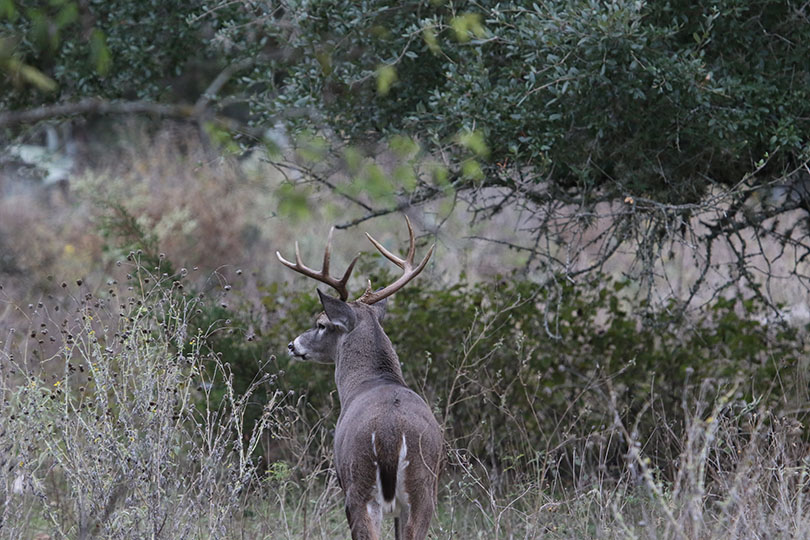By Jennifer Dorsett
Field Editor
An important step often overlooked by landowners and hunters is a close look at the terms of the hunting lease, according to Texas A&M AgriLife Extension Service agricultural law specialist Tiffany Lashmet.
“If you’re a landowner and you’ve leased out grazing rights and you’re going to have someone else lease the hunting rights, it’s a really good idea to make sure that those two people know about each other,” she said. “That’s important from the hunter perspective, too. You want to make sure you know exactly what your rights are on this property, who else has the right to be there, because it may affect some of the plans you may have for the hunt.”
Having a written hunting lease detailing those requirements prior to the start of the season is the best option for both parties, Lashmet said.
Issues such as who is allowed to erect blinds or stands and where they may be allowed should be included in lease terms, Lashmet noted., Other details that should be outlined in a written lease include the use and care of feeders and carcass cleanup and disposal.
Landowners routinely create leases covering multiple or different hunters for different species and their accompanying seasons, according to Lashmet.
It’s acceptable to amend a lease at any time as long as both parties agree and sign the amendment, she added. Even a simple one-page addition can help provide clarity between a landowner and lessee.
“Make sure both parties are on the same page, because without it, there’s a lot of unanswered questions, and that’s where you run into the opportunity for one party to assume something different than another,” Lashmet said in an interview with the Texas Farm Bureau Radio Network. “That’s where things can really be a mess, because if the hunter thinks one thing and the landowner thinks another, they’re setting themselves up for a potential legal dispute.”Lashmet noted a major point often overlooked by landowners in hunting leases is their liability in the case of accidents.
“When you’re looking at hunting leases, I think that maybe this is as important as the lease itself,” she said. “Anytime you open up your property to people who are not the owners, there’s a potential for accidents to occur, and if you look at hunting, there can be a number of dangerous situations that arise.”
Accidental firearm discharge, ATV or UTV mishaps and physical accidents while walking the property are routine occurrences, she said. Lashsmet advised property owners educate themselves on Texas private property law, get waivers signed by hunters and their guests and ensure they have sufficient liability insurance.
A Texas Parks and Wildlife Department requirement is also important for landowners to know.
“Here in Texas, if you are a landowner and you’re going to lease out your property for hunting and you’re going to receive something of value in return, you have to obtain a landowner hunting lease license from Texas Parks and Wildlife,” Lashmet said.
For more information on hunting leases, visit Lashmet’s Texas Agriculture Law blog. She also has a podcast episode addressing hunting lease issues here.

